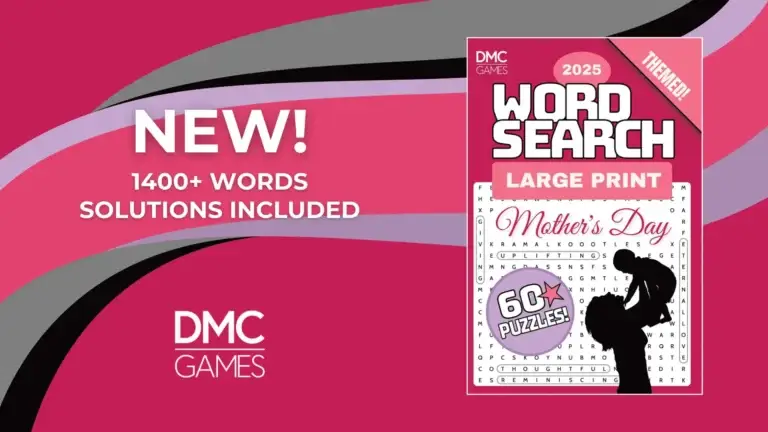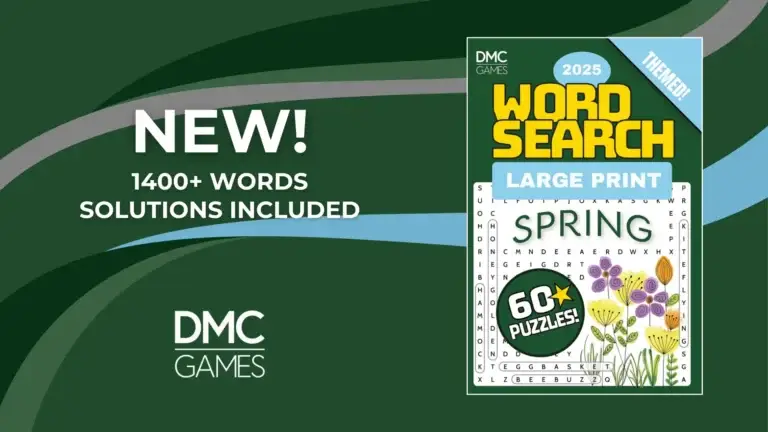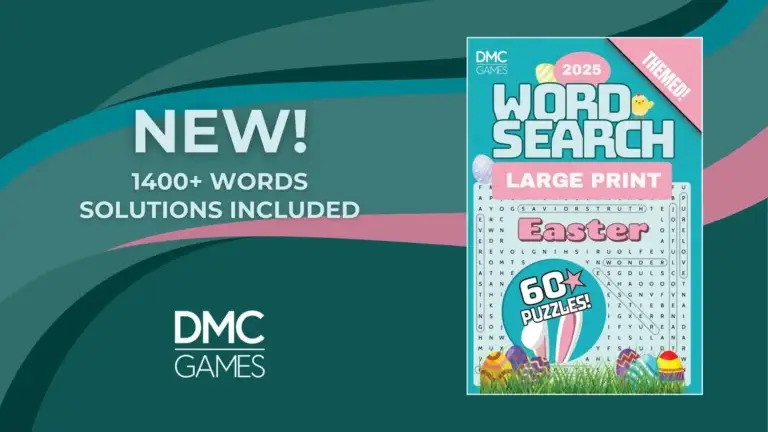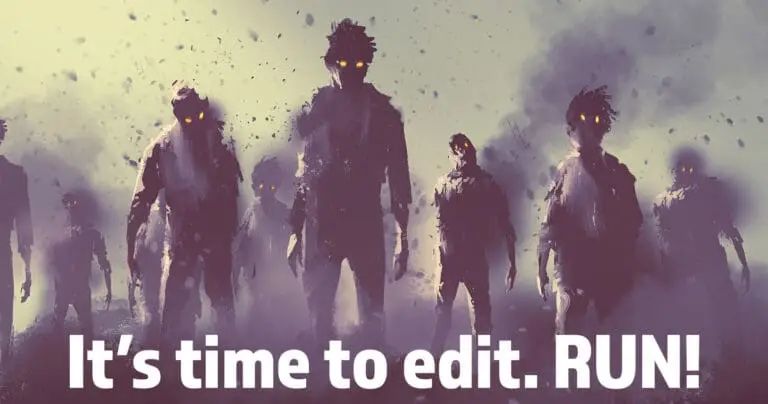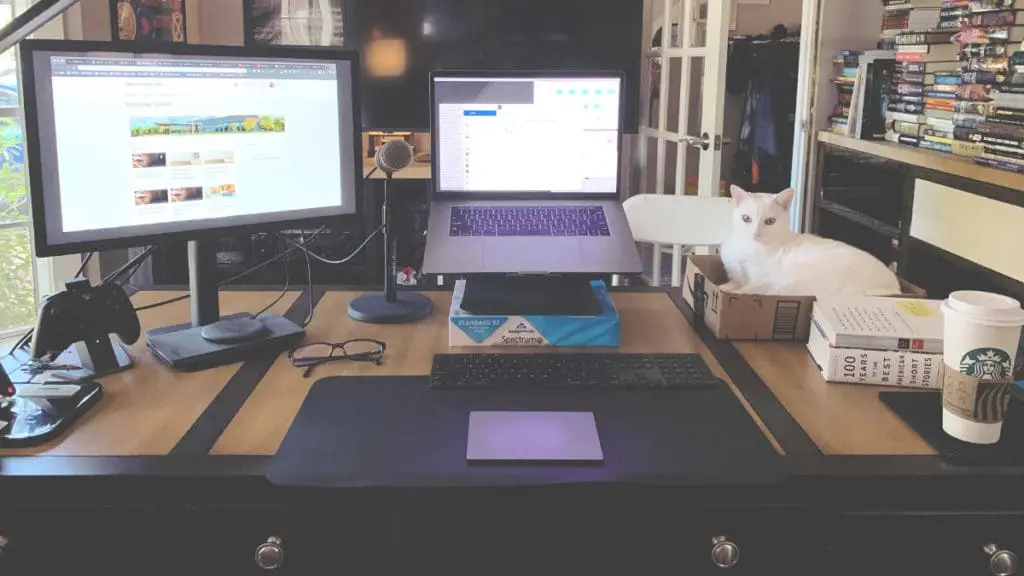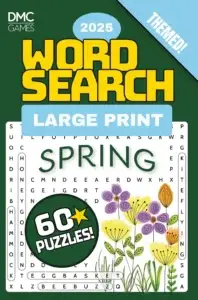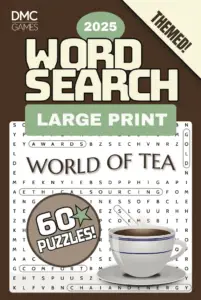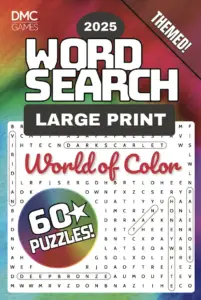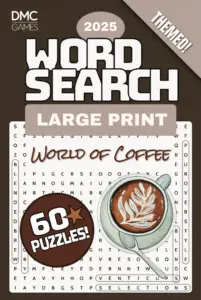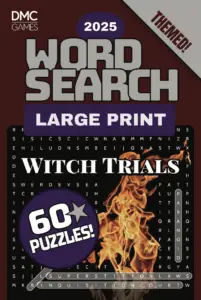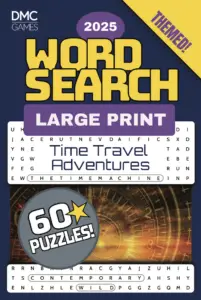Once I finished enrollment and was officially a middle-aged college student, I had to learn how to attend school online.
Choosing a Major and Concentration
Deciding on English & Creative Writing was a no-brainer; no other program would give me what I wanted. Four optional concentrations comprise the major: Fiction, Screenwriting, Poetry, and Non-Fiction. It's exactly what it sounds like; the school tailors the course selection to address one of the four areas. I did consider Screenwriting but figured that a Fiction concentration would prepare me to write screenplays more than a Screenwriting concentration would prepare me to write novels. Poetry ain't my bag, and I've had quite enough of non-fiction. I write it when I have to, but it's not what I most enjoy.
Brightspace
Brightspace is the software that runs the virtual school. We have discussions, we turn in assignments, and we manage our grades in Brightspace. Classes, in my degree program at least, happen in one of two ways. Most run directly through Brightspace. Some classes require another bit of software, and there are two with which I am familiar: Soomo and MindEdge. These are basically interactive textbooks, and students take quizzes and submit assignments within those environments. As of today, it's been two terms—about four months—since I had a class that used either Soomo or MindEdge; I don't have much more to say about them other than MindEdge is so, so much better. I'll cover them in more detail as I recap the classes in which I used them.

Brightspace took a little getting used to. I've been working in IT and web-based businesses for nigh on twenty years, and even I was baffled by the user interface. Things aren't very intuitive, but after a few weeks, everything started to click.
Shapiro Library
What has yet to click is Shapiro Library, the school's library system. It's profoundly useful and contains a universe of knowledge. It's also convoluted and complicated and hard to find anything. I don't think the problem is with the school's implementation; I suspect the problem stems from trying to bring in an uncountable number of databases and sources from disparate systems and trying to make them all play nice together. Commercial search engines like Google or DuckDuckGo are forgiving; when you type a query, you'll generally get what you're looking for. Search terms at Shapiro need to be ultra-specific to be useful. Luckily, my degree program doesn't utilize Shapiro Library very often after the gen-ed classes end.
Advice for English & Creative Writing Majors
I'm only halfway through my time at SNHU, so I'm not ready to offer Big Advice yet, but here's a lightning round.
- The Online Writing Center is a wonderful resource that I've never used. I have not yet needed it, but I do recommend it based on what I've heard from other students.
- I also strongly recommend Grammarly. It's not perfect, but it will point out your errors and dramatically improve your writing.
- When researching, start with DuckDuckGo or Google Scholar, and then see if what you've found is available in Shapiro Library. Sounds like an extra step, but it's remarkably faster.
- You can also use Wikipedia. The references section at the bottom of every Wikipedia article often contains proper academic resources. Again, check Shapiro to ensure what you're referencing is a valid academic resource.
- Post the discussion on Monday. It's a win-win-win for you, your classmates, and your instructor.
- Look at Sophia.org for cheap or free classes that transfer to SNHU. As I write this, I'm taking COM-212 from Sophia. Like any transferred credit, it won't affect the GPA at SNHU, but it's saving me a thousand dollars and eight weeks. I only recommend this for classes unrelated to your major.
- Join Facebook groups. There are groups for individual classes, like ENG-123, two large general-purpose groups (join this one, not the other), a group for students in the English & Creative Writing program, and a general SNHU writing group. I've found value in all of them.
- Set realistic goals. Books about effective goal-setting are worth a read if you're struggling. It's one thing to care about the GPA, it's another to obsess over it.
And finally, time management. It's true at school; it's true in life: 80% of success is time management. Your passions, your desires, your prior education, your resources, your support system; none of that matters if you don't effectively manage your time.
About My Study Space
I am fortunate to have a home office. It's from here that I do my day job, attend school, write, and relax. The photo accompanying this post is of my desk. From left to right: a desk lamp from Lampat, my XBox One controller, an LG UltraFine monitor (21″), a charging pad for my phone atop a Fire HD8, a microphone for Zoom calls, my Macbook Pro atop a riser from Bestand (atop a package of paper!), an Apple wireless keyboard and trackpad, one of our three cats (Alex—no workspace is complete without a cat), my current textbooks, and a cup of rocket fuel.
Ignore the unfinished bookshelves on the right. It's a work in progress. Woodworking is fun but time-consuming and making my own built-ins is quite an undertaking.
This setup is efficient and ergonomic. Everything I need is within easy reach—including the cat—and the external monitor and laptop screen are at the proper height. Posture is important!

